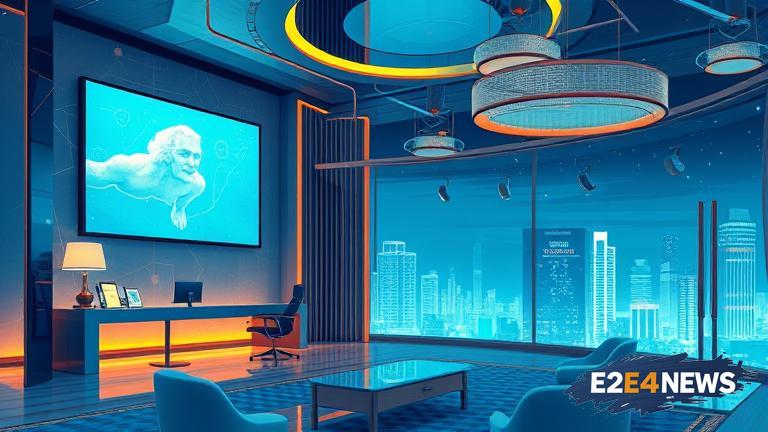The hospitality industry is undergoing a significant transformation, driven by advances in technology. Hotels are leveraging artificial intelligence, the Internet of Things, and mobile devices to enhance the guest experience, improve operational efficiency, and increase revenue. One of the key trends is the adoption of mobile check-in and digital keys, which allow guests to bypass the front desk and go straight to their rooms. This not only saves time but also provides a more personalized experience. Another area of focus is the use of AI-powered chatbots, which can help with tasks such as booking, concierge services, and customer support. The Internet of Things is also being used to create smart rooms, which can be controlled by guests using their mobile devices. This includes adjusting the temperature, lighting, and entertainment systems. Hotels are also using data analytics to gain a better understanding of their guests’ preferences and behaviors, which can be used to tailor marketing campaigns and improve customer loyalty. Furthermore, the use of virtual and augmented reality is becoming more prevalent, allowing guests to experience hotels and destinations in a more immersive way. Social media is also playing a crucial role in the hospitality industry, with hotels using platforms like Instagram and Facebook to engage with guests and promote their properties. In addition, the rise of online travel agencies and meta-search engines has changed the way hotels distribute their inventory and interact with customers. To stay competitive, hotels must invest in technology and develop a robust digital strategy. This includes having a user-friendly website, mobile app, and social media presence. Hotels must also ensure that their technology is integrated and seamless, providing a frictionless experience for guests. The use of technology is not only limited to the guest experience but also extends to the operational side of the hotel. Hotels are using technology to streamline processes, reduce costs, and improve efficiency. This includes the use of property management systems, revenue management systems, and customer relationship management systems. The adoption of technology is also driven by changing consumer behavior, with guests expecting a more personalized and tech-savvy experience. Hotels must be able to provide this experience while also ensuring the security and privacy of guest data. The future of hotel technology is exciting and rapidly evolving, with new innovations and trends emerging all the time. As the industry continues to transform, hotels must be agile and adaptable, embracing new technologies and strategies to stay ahead of the curve. The impact of technology on the hospitality industry will be significant, with the potential to increase revenue, improve customer satisfaction, and reduce costs. However, hotels must also be aware of the potential risks and challenges associated with technology, such as data breaches and system failures. Overall, the future of hotel technology is bright, and hotels that invest in the right technologies and strategies will be well-positioned for success. The hotel industry is a significant contributor to the global economy, with millions of people employed in the sector. As the industry continues to evolve, it is likely that technology will play an increasingly important role. Hotels must be prepared to adapt to changing consumer behavior and technological advancements, ensuring that they provide a world-class experience for their guests. The use of technology in hotels is not just about adopting the latest trends and innovations but also about providing a seamless and personalized experience for guests. By leveraging technology, hotels can improve operational efficiency, increase revenue, and enhance the overall guest experience.
